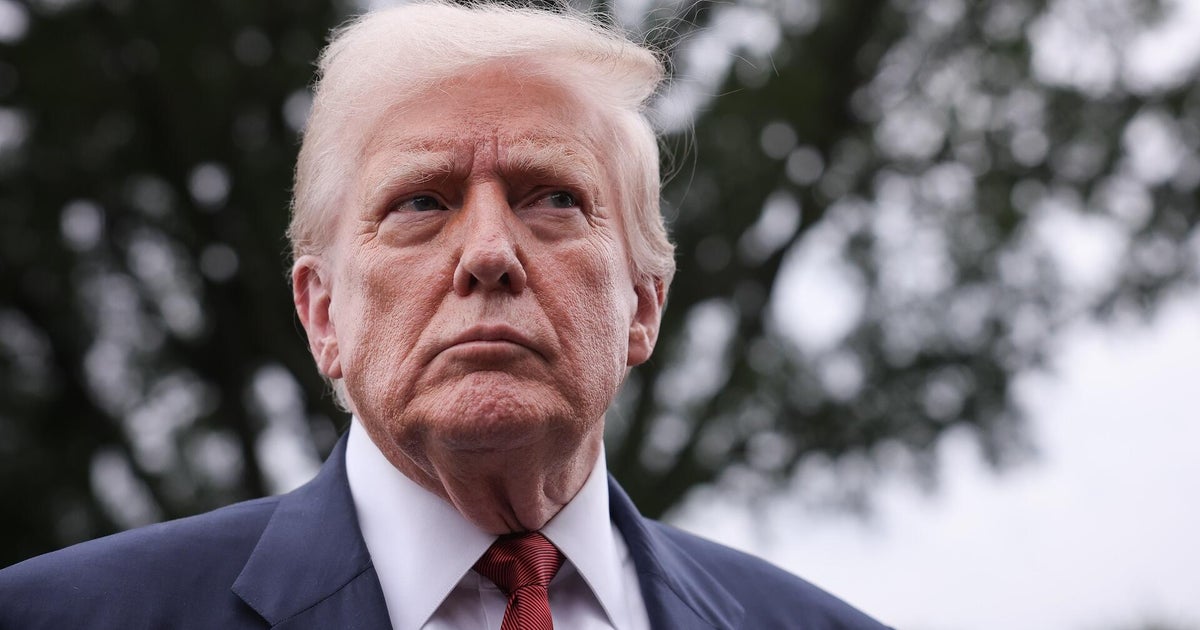In a marked escalation of efforts to redraw congressional maps to secure electoral advantages, President Trump has indicated that Missouri is poised to become the next battleground in what is rapidly shaping up as a titanic struggle between Republican and Democratic-controlled states. On a recent Thursday, the president announced Missouri’s involvement via a post on Truth Social, which is part of a broader Republican strategy to fortify its positions ahead of the 2026 midterm elections.
This move is set against a backdrop of intensifying partisan maneuvers where both major parties seek to tilt the electoral playing field in their favor. This tit-for-tat contest over redistricting commenced under President Trump’s guidance, a notable development being the proposed redrawing of congressional districts in Texas. The Lone Star State saw its GOP-dominated state House pass a decidedly Republican-centric map earlier this week, with the state Senate slated to vote soon after.
Missouri, with its eight U.S. House seats — two of which are held by Democrats — now finds itself at the crossroads of this high-stakes political strategy. The focus here might centralize on the Kansas City area, specifically the district represented by long-serving Democratic Rep. Emanuel Cleaver. Any effort directed at redrawing boundaries to eke out an additional Republican seat will likely target this district, potentially sparking significant political contention.
Governor Mike Kehoe of Missouri, though yet to convene a special session for redistricting, is reportedly engaged in ongoing dialogues with state leadership to explore possible pathways forward. The aim is to craft congressional districts “that best represent Missourians.” High-profile state officials such as Missouri’s treasurer and lieutenant governor, both Republicans, have openly expressed their support for a newly adjusted map, emphasizing a missed opportunity to secure a 7-1 Republican advantage in previous redistricting efforts.
The political climate in Jefferson City, Missouri’s state capital, suggests a strong inclination toward adding a more Republican-friendly seat. According to a well-placed Republican operative, steps are being taken meticulously to avoid any legal backlash, with all procedural details being closely monitored to ensure compliance and readiness.
The planned redistricting agenda might be introduced during a veto session already scheduled for September 10th. This agenda appears to enjoy substantial backing from most of Missouri’s Republican congressional delegation, having been influenced by the White House and President Trump’s direct involvement.
Such initiatives, while focused on enhancing Republican seats, are not isolated. They mirror actions in other states like Texas, where recent Republican-led redistricting efforts seek to transform five Democratic-held congressional districts. Conversely, in California, Democrats are pushing back by attempting to redraw maps to increase their chances in five GOP-held districts. However, California Democrats face a complex challenge as they need to amend the state constitution to bypass a citizen redistricting commission, an action that will require voter approval in an upcoming special election.
The interplay between these state-focused redistricting efforts may be crucial, especially if the Texas and California efforts effectively neutralize each other’s impacts. With cohesive strategies in slightly smaller, but significant battlegrounds like Missouri and Indiana—both states with existing Republican leadership yet featuring Democrats in their delegations—the outcomes of these subtle shifts could prove pivotal.
In Missouri, any aggressive push to redraw the congressional map in favor of Republicans, particularly targeting Rep. Cleaver’s district, is expected to be met with vigorous opposition. This opposition is likely akin to reactions in other states where similar mid-decade redistricting efforts have been proposed or enacted.
Missouri Democratic state Senator Stephen Webber, reacting to shifts dictated from federal to state level, criticized the palpable influence exerted by external political figures on state decisions. His comments underscore a broader sentiment about the ongoing tussle for control, not just of legislative maps, but of the broader political narrative influencing these moves.
This unfolding scenario in Missouri is a clear indicator of the lengths to which parties are willing to go to secure electoral advantages. As this drama continues to unfold, the overall impact of redistricting—both in Missouri and nationwide—will likely resonate through the upcoming election cycles, potentially reshaping the power dynamics within the U.S. House of Representatives and beyond. Such maneuvers, while legal, continue to stir debate over the ethical dimensions of redistricting, commonly referred to as gerrymandering, even as they underscore the intensely competitive nature of American politics.









